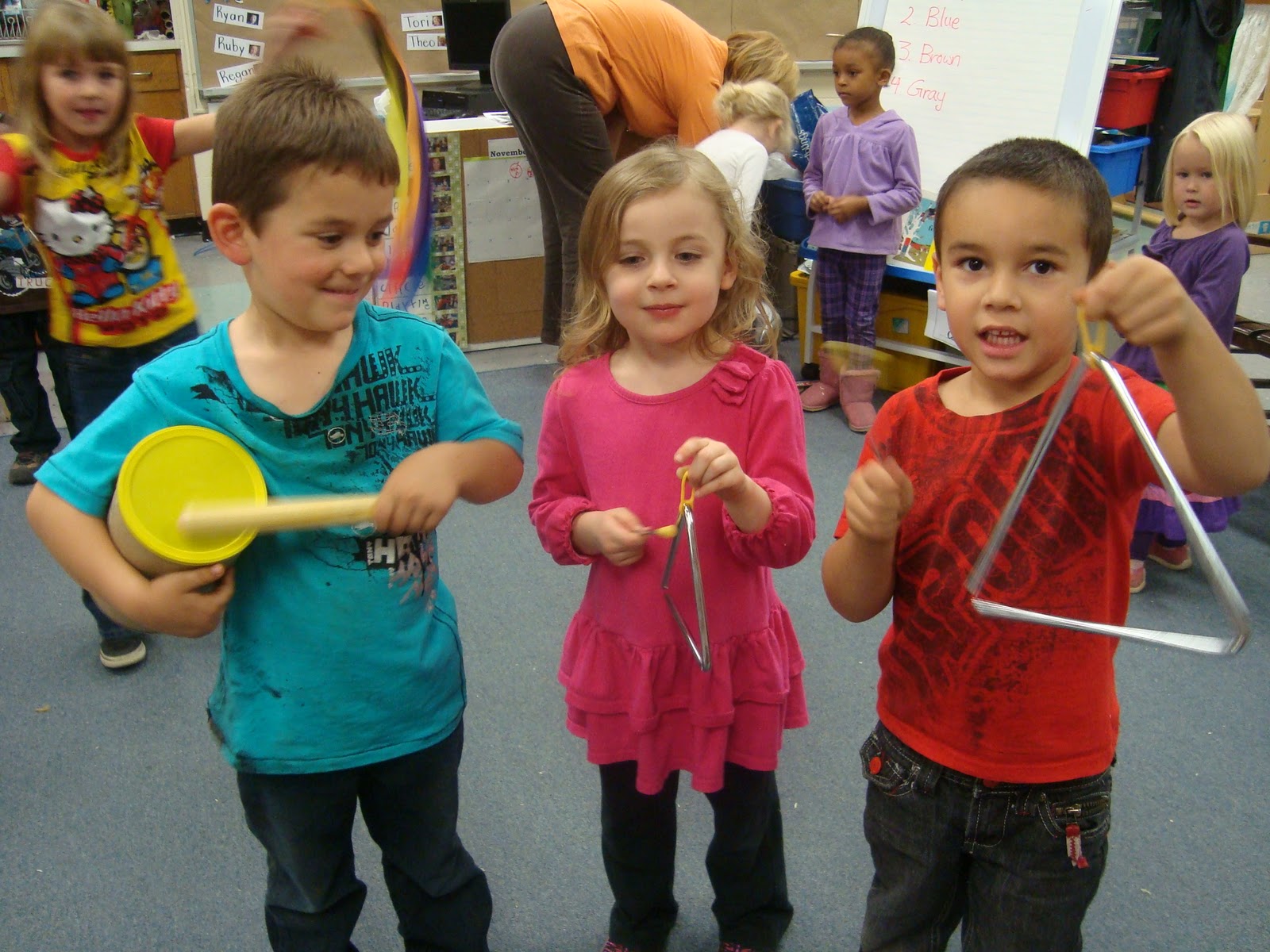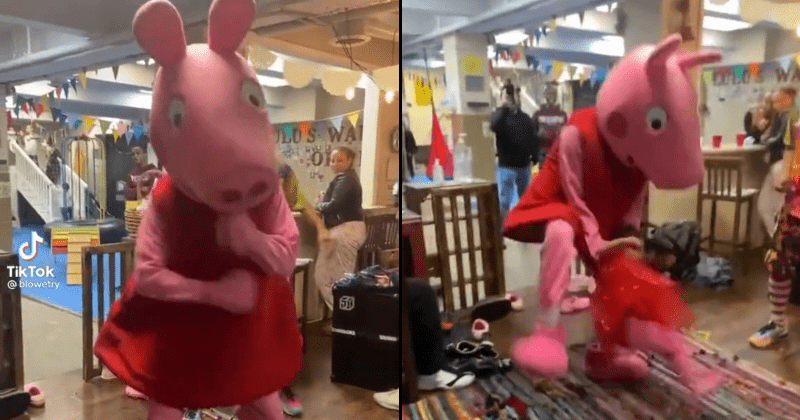The Power Of Music: Exploring The Sound Perimeter Of Community

Table of Contents
Music as a Catalyst for Social Cohesion
Music plays a vital role in creating a sense of shared identity and purpose within a community. The shared experience of making and enjoying music fosters strong social bonds and reduces feelings of isolation.
Shared Musical Experiences:
-
Participating in community choirs, bands, or orchestras: These collaborative musical endeavors create a powerful sense of collective achievement and shared purpose. Members learn teamwork, discipline, and the satisfaction of contributing to something larger than themselves. This shared experience strengthens relationships and builds a sense of belonging within the group.
-
Attending local concerts and festivals: These events provide opportunities for social interaction and shared enjoyment. The shared experience of listening to music creates a positive atmosphere and encourages conversation and connection among attendees. Local music festivals often showcase diverse musical styles and genres, further enhancing the community experience.
-
Street performances and impromptu musical gatherings: These spontaneous musical occurrences can unexpectedly bring people together, creating a sense of shared joy and excitement. The casual and informal nature of these events promotes a feeling of inclusivity and accessibility, encouraging participation from a diverse range of community members.
-
Studies show that collaborative music-making significantly increases social bonding and reduces feelings of isolation. This is partly due to the release of endorphins and the creation of a positive feedback loop through shared accomplishment. The social interaction involved further contributes to improved mental and emotional wellbeing.
Bridging Cultural Divides:
Music's ability to transcend language and cultural barriers makes it a powerful tool for uniting diverse groups within a community. Exposure to different musical styles promotes understanding, empathy, and appreciation for diverse cultures.
-
World music festivals: These festivals celebrate the richness of global musical traditions, bringing together people from different cultural backgrounds to share their musical heritage and appreciate the diversity of musical expression.
-
Intercultural collaborations in music: Projects involving musicians from different cultural backgrounds create opportunities for creative exchange and foster mutual respect and understanding. The process of collaboration itself necessitates communication and compromise, building bridges between diverse communities.
-
Learning traditional music from different cultures: This activity promotes cultural exchange and appreciation. It allows individuals to engage with the history and traditions of other cultures on a personal level, fostering empathy and challenging stereotypes.
-
Music can be a powerful tool for promoting intercultural dialogue and breaking down stereotypes. By sharing musical experiences, individuals can build relationships and develop a deeper understanding of others, challenging prejudice and fostering tolerance.
Community Music Initiatives and Their Impact
Community music programs play a vital role in enriching the lives of individuals and strengthening the fabric of the community as a whole. These initiatives provide access to music education and participation for people of all ages and backgrounds.
Community Music Programs:
-
Youth orchestras and music education programs: These provide young people with valuable life skills, including discipline, teamwork, and creative expression. Early exposure to music has been shown to enhance cognitive development and improve academic performance.
-
Senior centers often incorporate music programs to combat social isolation and promote wellbeing. Music provides opportunities for social interaction and engagement, reducing feelings of loneliness and improving mental health.
-
Music therapy programs utilize the power of music to improve mental and physical health. Music therapy can help people cope with stress, anxiety, and depression, and can improve motor skills and cognitive function.
-
These initiatives not only improve individual lives but strengthen the overall fabric of the community. By providing opportunities for participation and engagement, these programs foster a sense of community and belonging.
Funding and Support for Community Music:
Sustaining vibrant community music requires adequate resources and ongoing support from various sources.
-
Government funding plays a vital role in supporting community music programs. Government grants and subsidies can help ensure that these programs are accessible to everyone, regardless of their socioeconomic background.
-
Private donations and corporate sponsorships are crucial for ensuring the longevity of these initiatives. Individual donations and corporate sponsorships can provide vital funding for equipment, instructors, and program development.
-
Volunteer participation is essential for the success of many community music projects. Volunteers can assist with teaching, administration, and event organization, freeing up resources and expanding program capacity.
-
A strong community commitment to supporting music ensures that these vital programs continue to thrive. Community engagement and advocacy are essential for securing funding and raising awareness of the importance of community music.
The Future of Community Music
The future of community music is bright, with technology and a growing emphasis on inclusivity shaping its evolution.
Embracing Technology:
Technology offers exciting new possibilities for community engagement through music.
-
Online platforms allow musicians to connect and collaborate across geographical boundaries. Online collaboration tools facilitate the creation of virtual ensembles and the sharing of musical ideas, regardless of location.
-
Virtual concerts and online music education platforms broaden access to musical opportunities. Online platforms can overcome geographical barriers and make music education and performance more accessible to a wider audience.
-
Social media facilitates the promotion and dissemination of community music events. Social media platforms are invaluable tools for marketing and promoting community music events and initiatives, reaching a wider audience than traditional methods.
-
Technology allows community music to reach wider audiences and foster deeper connections. By leveraging technology, community music initiatives can extend their reach and build stronger relationships within and beyond geographical boundaries.
The Importance of Inclusivity and Accessibility:
Community music should be accessible to everyone, regardless of their background, abilities, or socioeconomic status.
-
Programs should be designed to cater to diverse needs and abilities. Inclusive programs should accommodate individuals with disabilities and offer diverse musical styles and genres to appeal to a broad range of interests.
-
Financial barriers to participation should be addressed through scholarships and subsidized programs. Financial assistance can make community music accessible to those who might otherwise be excluded due to economic hardship.
-
Accessible venues and equipment are crucial for ensuring inclusivity. Venues should be physically accessible, and programs should use equipment that is adaptable to the needs of individuals with disabilities.
-
Making community music truly inclusive strengthens its power to build stronger, more equitable communities. By ensuring that everyone has the opportunity to participate in community music, we can create a more just and vibrant society.
Conclusion:
The power of community music is undeniable. From fostering social cohesion and bridging cultural divides to promoting individual wellbeing and community growth, music plays a vital role in enriching our lives. By investing in and supporting community music programs, we can strengthen the bonds that hold our communities together and create a more vibrant and harmonious future. Let's all work together to amplify the sound perimeter of our communities through the transformative power of music – support your local community music initiatives today! Find out more about community music opportunities near you!

Featured Posts
-
 Legal Battle Continues Ex Tory Councillors Wife And The Racial Hatred Tweet
May 21, 2025
Legal Battle Continues Ex Tory Councillors Wife And The Racial Hatred Tweet
May 21, 2025 -
 Love Monsters And Healthy Relationships Finding Balance And Respect
May 21, 2025
Love Monsters And Healthy Relationships Finding Balance And Respect
May 21, 2025 -
 Fans Discover Peppa Pigs Real Name Ahead Of New Siblings Arrival
May 21, 2025
Fans Discover Peppa Pigs Real Name Ahead Of New Siblings Arrival
May 21, 2025 -
 Los 5 Mejores Podcasts De Misterio Suspenso Y Terror No Te Los Pierdas
May 21, 2025
Los 5 Mejores Podcasts De Misterio Suspenso Y Terror No Te Los Pierdas
May 21, 2025 -
 Funko Releases First Ever Dexter Pops
May 21, 2025
Funko Releases First Ever Dexter Pops
May 21, 2025
Latest Posts
-
 Macrons Push For Increased Intra Eu Trade A Challenge To Us Imports
May 21, 2025
Macrons Push For Increased Intra Eu Trade A Challenge To Us Imports
May 21, 2025 -
 European Union Trade Policy Macron Advocates For Prioritizing European Products
May 21, 2025
European Union Trade Policy Macron Advocates For Prioritizing European Products
May 21, 2025 -
 Macrons Call To Eu Buy European Not American
May 21, 2025
Macrons Call To Eu Buy European Not American
May 21, 2025 -
 Macron Urges Eu To Prioritize European Goods Over American Imports
May 21, 2025
Macron Urges Eu To Prioritize European Goods Over American Imports
May 21, 2025 -
 Love Monsters And Healthy Relationships Finding Balance And Respect
May 21, 2025
Love Monsters And Healthy Relationships Finding Balance And Respect
May 21, 2025
